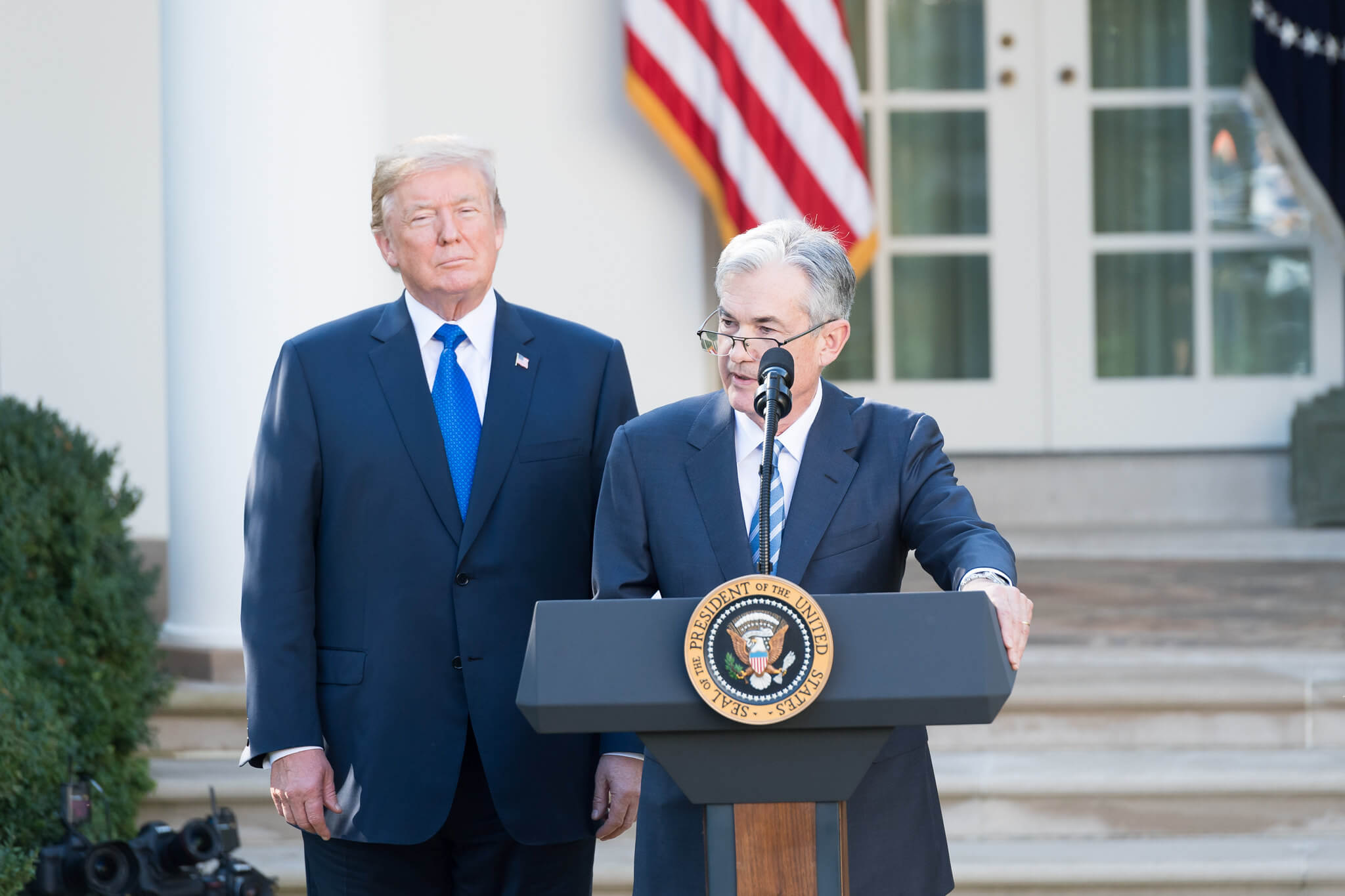Nunes Probably Does Not Think He Recused Himself
Some media outlets, including the Washington Post, are reporting that this morning Devin Nunes “recused” himself from the House intel committee’s Russia investigation. Notably, in his statement, Nunes did not use the word recuse. That was likely a deliberate choice.
Some media outlets, including the Washington Post, are reporting that this morning Devin Nunes “recused” himself from the House intel committee’s Russia investigation. Notably, in his statement, Nunes did not use the word recuse. That was likely a deliberate choice.
There could be technical reasons Nunes didn’t use the term—for example, the House rules don’t discuss formal recusal except as it relates to financial conflicts of interest. But given the overall tone and language of his statement, it seems more likely that Nunes phrased his voluntary self-removal the way he did to avoid the perception he is admitting even the possibility of a conflict of interest.
That by itself is standard political fare and no reason to have a “did he really recuse?” debate. In 2013, for instance, when White House counselor John Podesta, a prominent environmentalist, removed himself from discussions on the proposed Keystone XL oil pipeline, the White House insisted it was not a "recusal." White House deputy press secretary Josh Earnest explained that recusal “is not the right word" because "[t]here's no suggestion of some sort of conflict of interest, financial or otherwise as it relates to Mr. Podesta's opinions, views and positions on the Keystone pipeline." Nunes is probably attempting something similar here.
But what makes the word "recuse" more confusing than helpful when describing Nunes's statement today is that we don’t have anything that confirms how hands-off he will be. There are lots of ways to split hairs over whether stepping down from an investigation or a leadership role in that investigation constitutes a recusal. But one thing that is definitively not a recusal is retaining involvement in the matter or the tasks associated with the position in question. For example, rather than removing yourself entirely from your role, you could simply pledge to take a passive one. This is what then-Attorney General Loretta Lynch did last year in the face of accusations that her meeting with Bill Clinton on the tarmac compromised her ability to oversee the Hillary Clinton email server case. And just as she promised, she let the FBI call the shots. But this was not a recusal.
Jeff Sessions, in contrast, unequivocally recused himself from Trump election-related investigations. Every word of his statement was carefully chosen:
. . . I have decided to recuse myself from any existing or future investigations of any matters related in any way to the campaigns for President of the United States.
I have taken no actions regarding any such matters, to the extent they exist.
Taking as given that Nunes is differently positioned than a law enforcement head, roughly where does his statement lie on the spectrum? He issued this:
Several leftwing activist groups have filed accusations against me with the Office of Congressional Ethics. The charges are entirely false and politically motivated, and are being leveled just as the American people are beginning to learn the truth about the improper unmasking of the identities of U.S. citizens and other abuses of power. Despite the baselessness of the charges, I believe it is in the best interests of the House Intelligence Committee and the Congress for me to have Representative Mike Conaway, with assistance from Representatives Trey Gowdy and Tom Rooney, temporarily take charge of the Committee's Russia investigation while the House Ethics Committee looks into this matter.
Key words here: “entirely false,” “baseless[]” and “temporarily take charge.” Nothing Nunes said suggests he sees a legitimate reason to step to the side or stay there. But more significant is what is missing: nowhere did he explicitly promise to be uninvolved.
It's a positive development that Nunes is letting others take the helm. But those cheering the change should take note of the omission: when the word “recusal” or an explicit promise of non-participation does not appear in an official or policymaker’s statement of self-removal, that’s not usually an accident.





